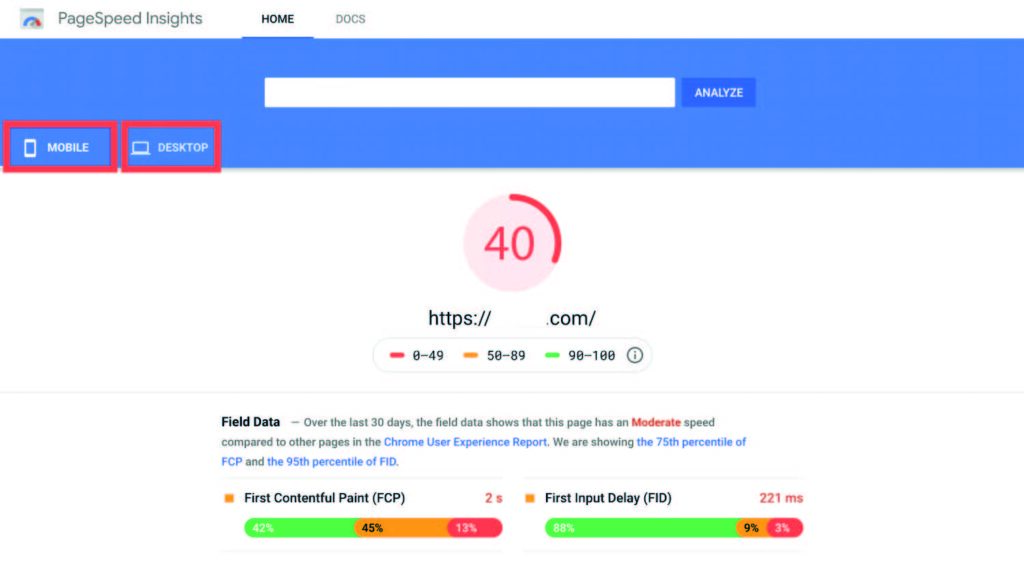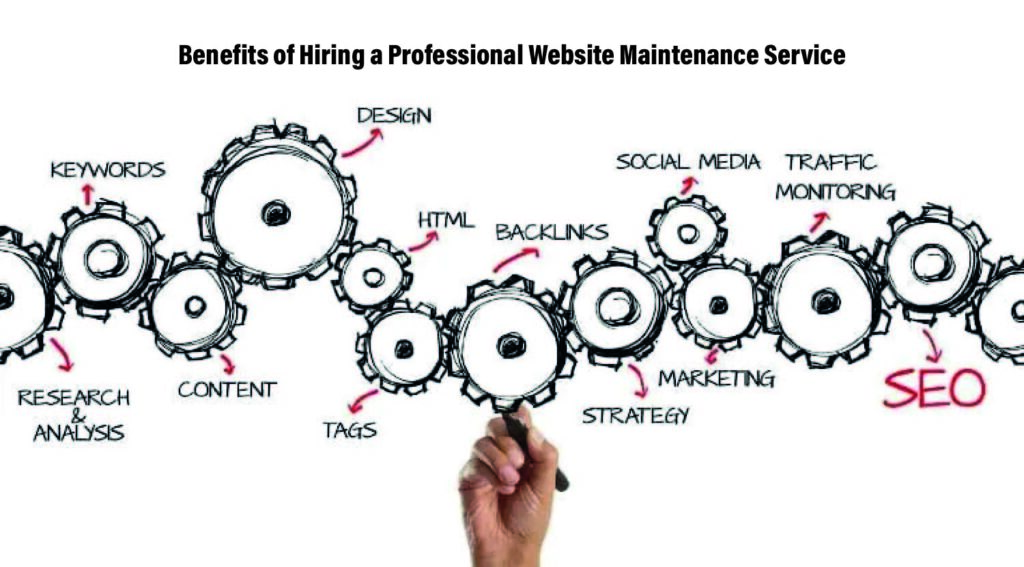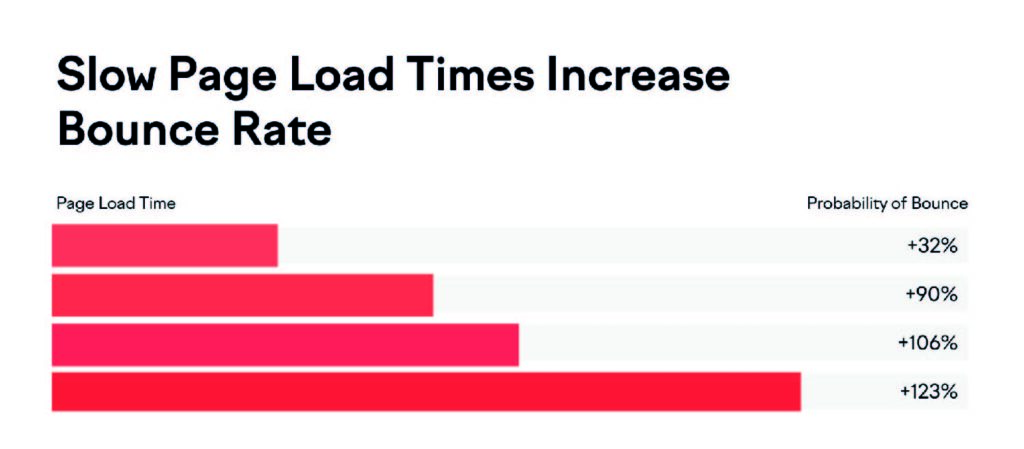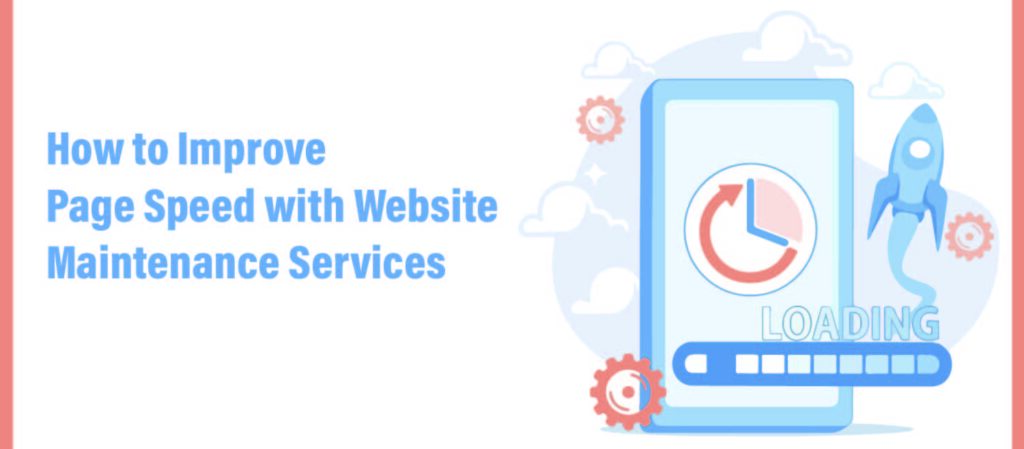
Table of Contents
ToggleDo you get bored of waiting for your website to load? Did you realize that poor page speed might affect your website’s search engine ranking and user experience? No need to be concerned any longer! This blog post will demonstrate how to boost page speed with Web maintenance services.
Whether you’re a small company owner or a web developer, these tips and methods can help you make your website lightning-fast and success-ready. So, grab a cup of coffee, and let’s get started!
Why Page Speed Matters
Slow loading speeds might be a significant barrier to your website’s success. Users become irritated when a page takes too long to load, and search engines take page speed into account when deciding your website’s rating. If your website is sluggish, you risk losing crucial visitors and consumers.

There are a few things you can do to increase the speed of your website, and our website maintenance services can assist. First, we can optimize your photographs to make them load quickly. We can also minify your HTML, CSS, and JavaScript files to minimize their size and speed up loading. In addition, we may enable caching to load frequently visited files more rapidly.
Taking these actions can help you significantly enhance the speed and performance of your website. This can result in greater traffic, improved search engine results, and higher customer satisfaction. Contact us today to learn more about our website maintenance services and how we can help you increase the speed of your website.
Understanding Web Maintenance Services
Web maintenance services may enhance page performance by ensuring that your site is up to date and free of errors. These services can also help to boost your website’s search engine rating and visibility.
Here are some factors to consider when selecting a website maintenance service:

-Regular updates: A reputable website maintenance provider will keep your website up to date with the most recent security patches and software upgrades. This helps to guarantee that your website operates smoothly and safely.
-Backups: A decent website maintenance provider will perform frequent backups of your site. If something goes wrong with your website, you may roll back to a prior version.
Benefits of Using an Experienced Website Maintenance Service
There are several advantages to using a professional Web maintenance service to boost your page speed. You may also use page speed optimization services. Here are just a handful.

- They may assist you in identifying and resolving coding issues that may be slowing down your website.
- They may assist you improve the performance of your website.
- They may update your website with the most recent security patches and software updates.
- They can provide you with professional recommendations on how to boost your page speed and overall web performance.
Impact of Website Speed on User Experience
The typical user expects websites to load in two seconds or less. If your website takes longer than three seconds to load, you risk losing the user. 40% of people will quit a website that takes longer than three seconds to load. This has a direct influence on both the user experience and your bottom line.

Slow loading times can lower conversion rates, raise bounce rates, and reduce organic search traffic. All of these things might have a big influence on your business. That is why ensuring that your website loads as soon as possible is critical.
How to Increase Page Speed with Website Maintenance Services
You may boost page performance in a variety of ways using Web maintenance services. Here are a few tips:

- Use a content delivery network (CDN)
A content delivery network (CDN) can assist deliver your material quicker by caching it at important global locations. This can minimize latency and speed up page load times. - Optimise your photographs
Large photos might slow down your websites; thus, optimize them for the web. You may use an image compression application, such as ImageOptim or Kraken.io, to minimize file size without losing quality. - Minimize HTTP requests
Each time a browser requests a file from your server, it consumes time. Reducing the amount of HTTP requests might help your websites load faster.
Strategies for Faster Website Performance
- Use a content delivery network (CDN).
- Optimise your images.
- Minimize HTTP requests.
- Implement caching techniques.
- Reduce the quantity of code on your web pages.
- Make use of browser caching.
Conclusion
Web maintenance services are an excellent approach to increase page performance while also providing a delightful experience for your website visitors. With the appropriate methods and tools, you can ensure that your website performs smoothly and swiftly, which leads to more user engagement and, ultimately, more business. Keeping your website up to date and optimized for page speed can give consumers with an optimal experience, resulting in greater conversions.
1. Optimize the pictures.
2. Limit the amount of HTTP requests.
3. Use the browser’s HTTP caching.
4. Remove any extraneous render-blocking JavaScript.
5. Limit your use of external scripts.
6. Limit the use of redirects.
7. Minify CSS and JavaScript files.
8. Use excellent third-party services to perform critical website operations.
1. Compress your images. Images frequently cause pages to load slowly.
2. Reduce HTTP requests. HTTP requests occur when web browsers make “requests” to a website’s server for further information.
3. Minify JavaScript, CSS, and HTML.
4. Enable browser caching.
5. Use a content delivery network (CDN).